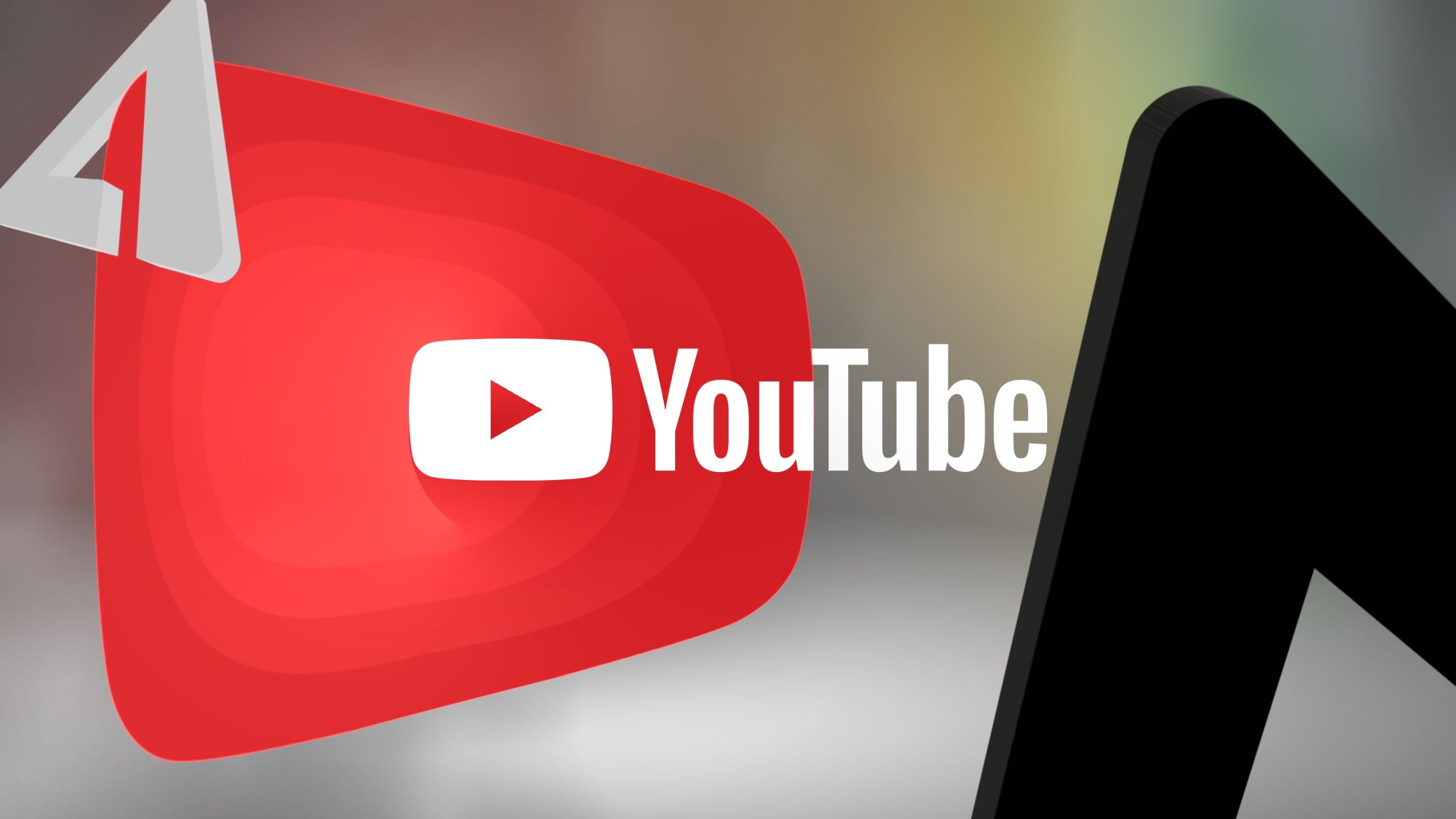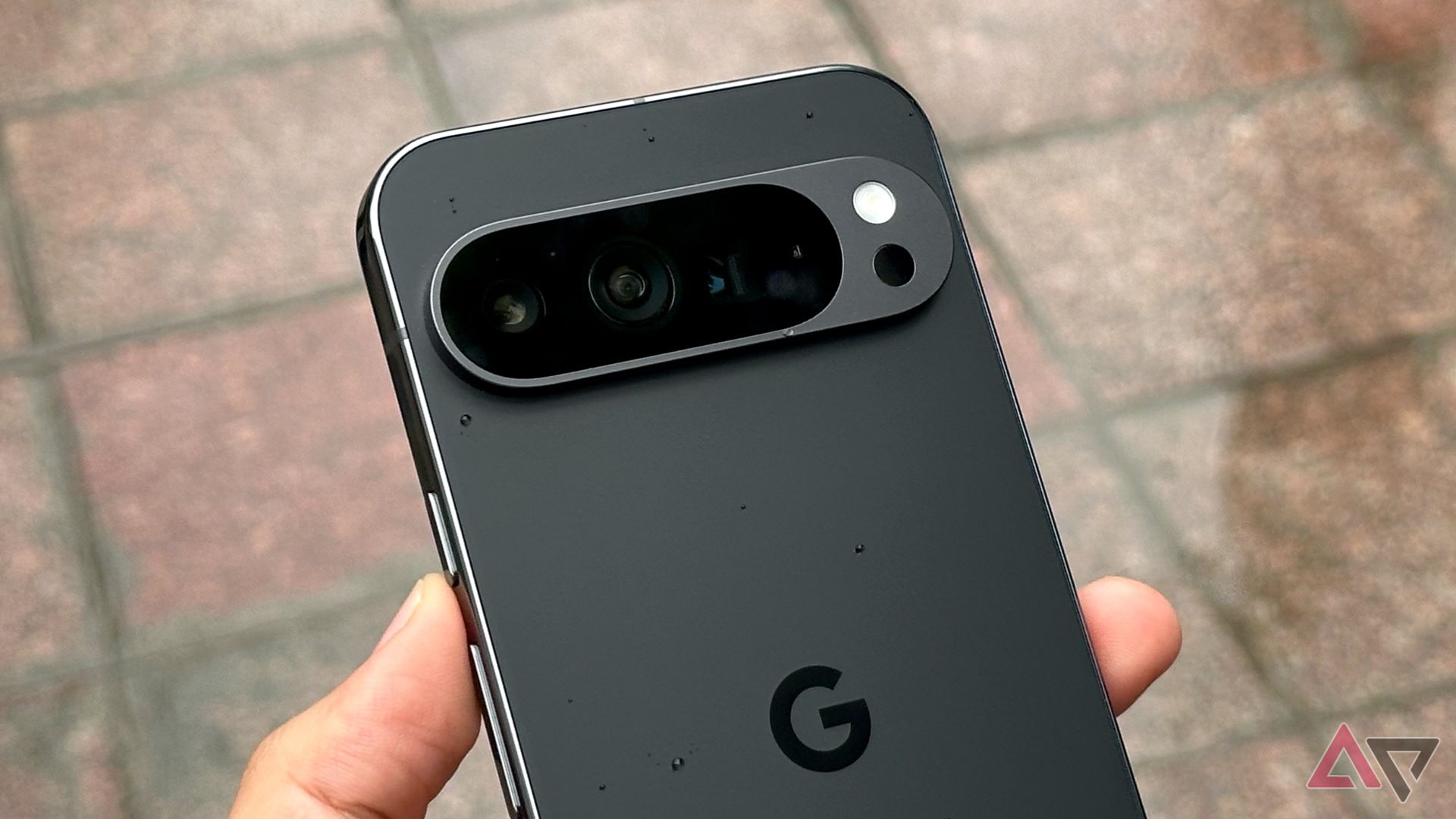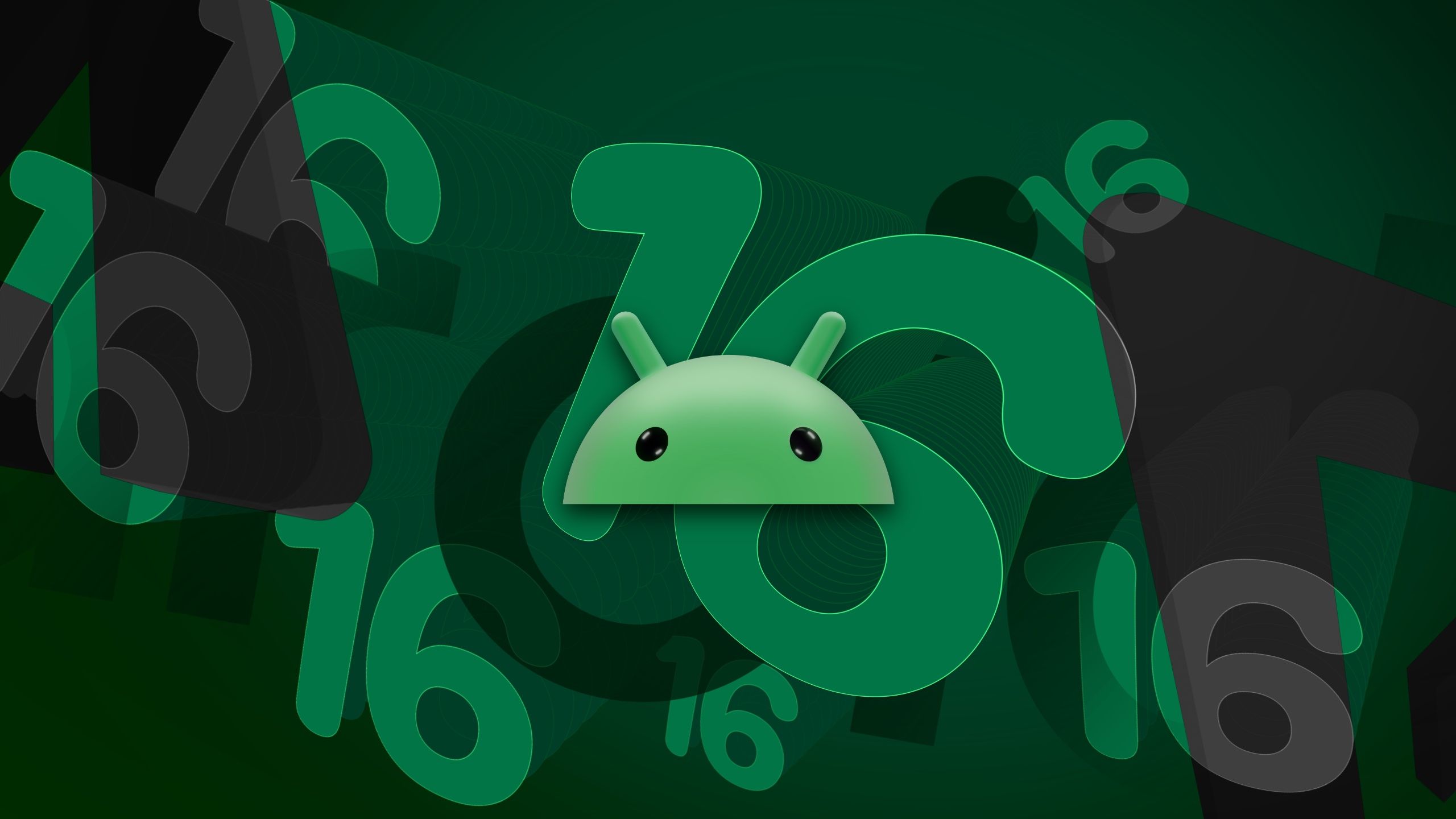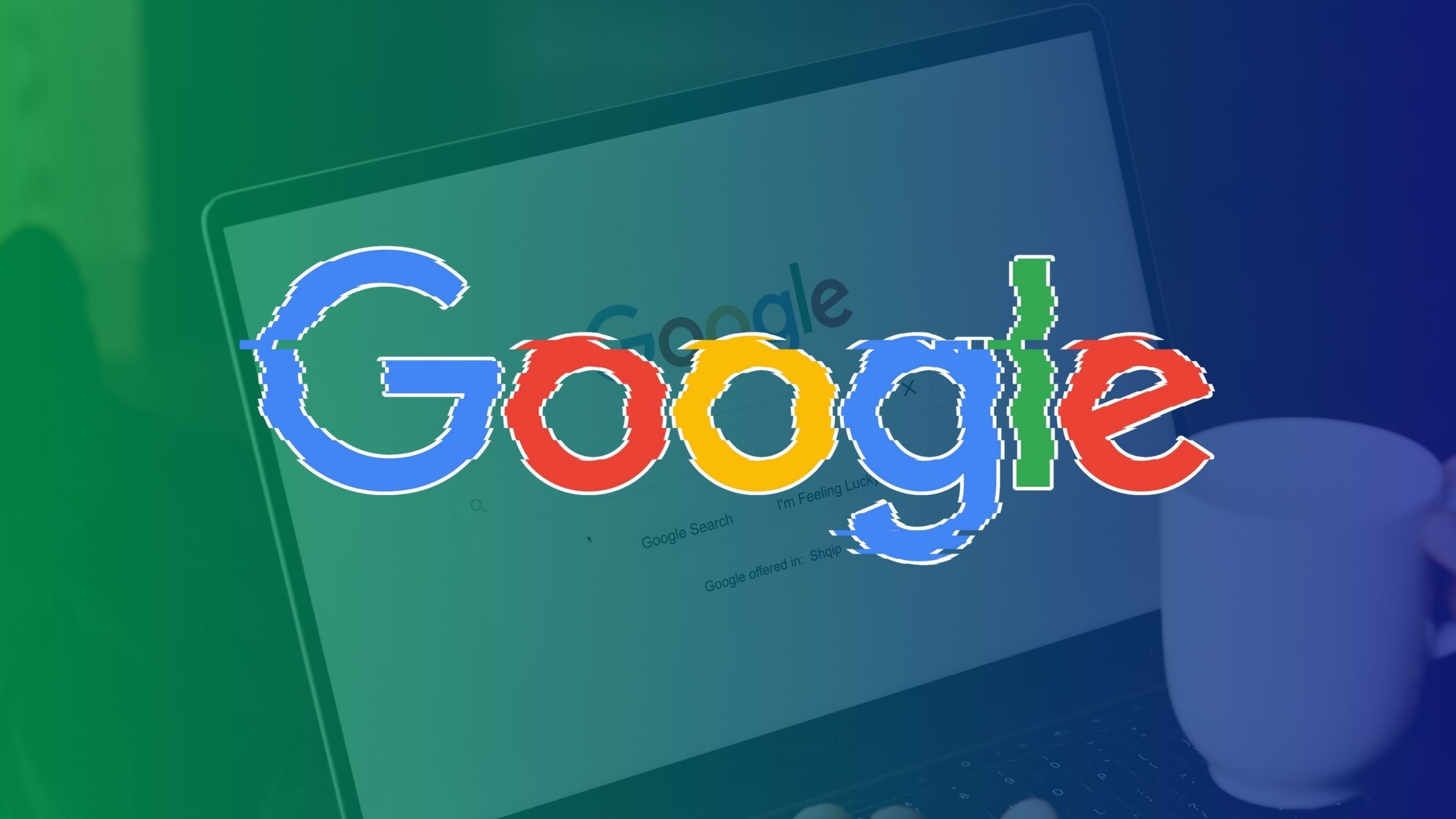When you think about it, YouTube is really just following cable TV’s lead with its unquenchable thirst for ad revenue — but just like Comcast and friends, greed can easily becomes a factor when a company is overly fixated on squeezing every last cent out of advertisements. In recent days, YouTube has tested several changes that are less focused on “you” and more on that precious revenue, painting a concerning picture of things to come.
The week in mobile had its ups and downs, with carriers stepping outside their profit margins for once to lend a helping hand, and researchers spotting suspicious data traffic that probably wasn’t a big deal after all. Meanwhile, Android 16 is starting to take shape, but not before Google may have to divest the entire ecosystem from its Search business.
Last week in mobile
Android 16 is a mold-breaker and a schedule-shaker in last week’s news
Oh, and YouTube is now hiding the ad Skip button btw
YouTube makes some user-antagonistic changes
Maybe AdRevenueTube would be a more fitting name
Last week, we caught YouTube running a test that placed blackout squares over the Skip button on desktop during times when the button would normally show a 5-second countdown to when you could skip the pre-roll ad. This week, we noticed something eerily similar happening on mobile: The Skip button just stopped showing up when it was in its grayed-out countdown state.


Upon publishing that story, we contacted Google to request comment, and a spokesperson for YouTube’s ad department got back with us. Google made the semantic clarification that the Skip button wasn’t actually being hidden because it isn’t technically a Skip button while it’s showing the countdown timer. The company went on to clarify that it is testing the new UI with a more subtle progress bar at the bottom of the screen instead, allowing users to “engage more deeply with the ad creative.”
So a bit frustrating, but maybe not quite approaching user-antagonistic levels by itself — except that wasn’t the only change YouTube was spotted making this week. On Friday, several user reports emerged suggesting Google is now testing a UI that replaces the Dislike button on YouTube Shorts with a Save button in a move that, from the outside, certainly looks like it’s meant to exploit people’s muscle memory. In the future, it might be smart for YouTube to test these changes a bit further apart so that people don’t get the impression that revenue is more important to it than users (you know, the source of all that revenue).

Main Story
Google says YouTube’s Skip ad button isn’t gone, it’s just different
Now you can ‘engage deeply’ with ads
Wait, carriers actually care?
AT&T and T-Mobile chip in to help out
On a scale from nonprofit charity to soulless corporation, carriers usually land towards the end of that spectrum when they make the news — but this week, tragedy struck and seemingly teased out the human side of those entities, perhaps finally lending some legitimacy to the concept of corporate personhood.
When Hurricane Milton was barreling down on Florida’s Gulf Coast, T-Mobile and Starlink lit up satellite emergency service for free in the area, and this even included customers on other carriers (although T-Mobile users also got free SMS over satellite). Then, when Milton displaced countless people from their homes along the I-4 corridor, AT&T announced that everyone in the area would get free, unlimited service across the board this month. They may not be people, but it was good to see these companies have a heart this week.

Main Story
T-Mobile and Starlink switch on free satellite service in wake of Hurricane Milton
Pushing cutting-edge technology when it matters
Researchers sniffed out fishy Pixel 9 Pro XL data packets
But Google says it’s not spying
In recent weeks, researchers with Cybernews ran a test on the Pixel 9 Pro XL to monitor data traffic being sent from the device. The results of that test were published this week, highlighting some suspicious data packets being sent from the device to Google’s servers that contained location and other telemetry data. The frequency of these communications was also a cause for alarm, with packets being sent every 15 minutes.
Google has now responded to this report, refuting the implication that it might be spying on users. Between the context Google provided in its rebuttal and additional information shared by the developer of security-focused Android ROM GrapheneOS, it seems as though nothing nefarious is going on — but there’s too much nuance involved here for a two-paragraph summary, and as always with your personal data, you should look at all the available information yourself to make a final call.

Main Story
Google says the Pixel 9 isn’t phoning home with fishy data packets spotted in report
Google denies claims of excessive sharing
Android 16 is already taking shape
Big changes seem to be in store for once
The internet never sleeps and phones are always connected, so Do Not Disturb mode is almost a necessity. But while Apple has given the iPhone’s DND mode new features in recent versions, Google has left Android’s to wilt on the vine, so the company is playing a bit of catch-up with Android 16. This week, Mishaal Rahman spotted bits of code in AOSP that suggest Google’s next big update could bring the equivalent of Apple’s Focus Mode features to Android, offering “Priority modes” with varying degrees of notification cutback.
Source: Mishaal Rahman / Android Authority
But perhaps the most exciting change spotted in the Android 16 pipeline this week came in another report from Rahman. It’s looking like Android 16, which isn’t expected until 2025 at the earliest, could expand the old chat bubbles feature to work with any app. In practice, it looks like a powerhouse multitasking feature, but it also bears an uncanny resemblance to a feature One UI has had for years: Samsung’s pop-up view. Still, it will be nice to have this functionality baked into Android and accessible on all models.

Main Story
Android 16’s Priority Modes take Do Not Disturb to the next level
You’ll be able to create your own custom modes
The DOJ wants to give Google and Android the Ma Bell treatment
A Google breakup could be on the horizon as US courts close in
Earlier in the week, the ruling finally came down: Epic is getting almost everything it asked for in its Google Play Store trial. After a jury late last year unanimously ruled that Google created a monopoly with its Play Store practices, the presiding judge in the case made the punishment known: Google will have to give competing app stores every chance to compete with the Play Store going forward. The very next day, however, Google immediately (and perhaps justifiably) responded, “Why not Apple?“
But that wasn’t the worst legal news for Google this week, not even by a mile. After a judge ruled in August that Google had illegally used its position in the search market to form a monopoly, the US Department of Justice has now issued its recommendation. If the DOJ’s proposal is accepted by the court, Google could be forced to split Android, Google Play, and Chrome away from its Search business, which could fundamentally change the way the company approaches our favorite OS, as Google was of course quick to point out.

Main Story
The DOJ wants to break up Google, suggests splitting Chrome and Android
Google will appeal against the changes


